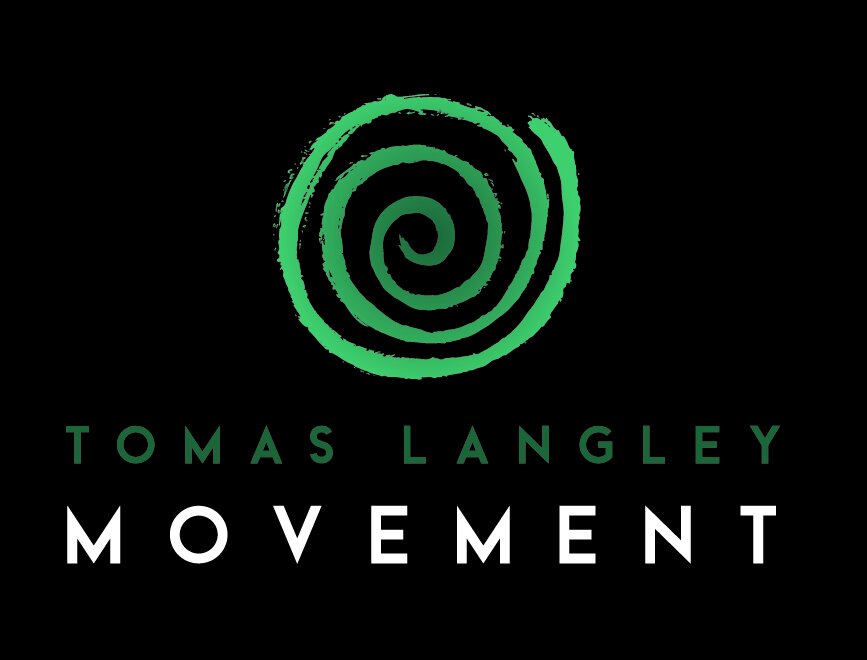I teach movement at Praksis. I spend lots of time training and exercising.
Because of this, you might think I espouse the idea that everyone should be training a few hours a day.
I enjoy what I do and my training has improved my experience in the world. But I notice this most outside of the realm of training activities.
Movement is about so much more than working out. It's about how you live.
It's about limiting the immobilising factors of the world.
Some immobilising factors to consider:
- Constantly sitting.
- Practicing looking down with your neck forwards (at your phone or laptop).
- Wearing restricting shoes.
- Wearing restrictive clothing.
- Never putting your hands above your head, say, to hang from something.
- Focussing on ‘posture’ meaning your spine is immobile.
Removing some of these immobilising factors is, in many ways, more important than any time spent at a gym working out. Sometimes working out might exacerbate injuries caused originally by being immobile.
Look for ways to bring nutritious movement into your day. I recommend the video below and everything from Katy Bowman's channel. But before you watch, stand up!
Move your body!



